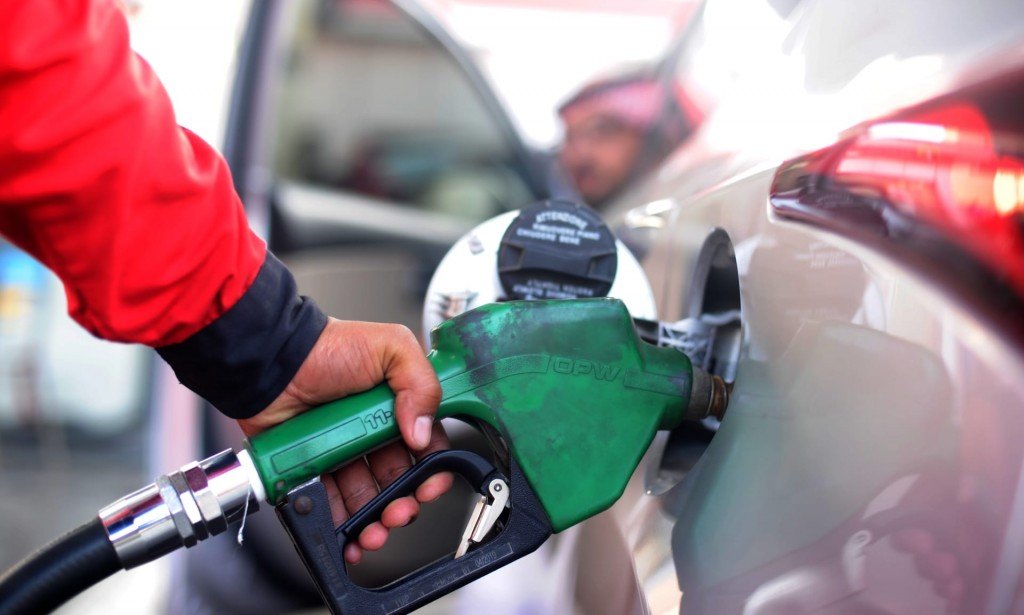NEW YORK (AP) — The U.S. According to a person familiar with the situation, President Joe Biden is expected to announce a ban on importing Russian fuel as Russia escalates its war on Ukraine, killing civilians and causing a mass refugee crisis. Critics of Russia have said that this would be the best — and possibly the only — way to force Moscow to back down.
A full embargo would be most effective if it included European allies, who are also desperate to put an end to the violence in Ukraine and the threat Moscow poses to Europe. However, it is far from certain that Europe would agree to a total embargo.
Unlike the United States, Europe is heavily reliant on Russian energy imports. While the United States could replace the relatively small amount of fuel it receives from Moscow, Europe could not, at least not in the near future.
Furthermore, any restrictions on Russian oil exports would raise already skyrocketing oil and gasoline prices on both continents, further straining consumers, businesses, financial markets, and the global economy.
Here's a closer look:
WHAT WILL HAPPEN IF THE UNITED STATES BANKS RUSSIAN OIL?
In the face of rising gasoline prices in the United States — the average price has surpassed $4 per gallon for the first time since 2008 — the Biden administration is under increasing pressure to impose additional sanctions on Russia, including a ban on oil imports.
For the time being, a broad US-European ban appears elusive. On Monday, German Chancellor Olaf Scholz stated unequivocally that his country, Europe's single-largest consumer of Russian energy, has no intention of joining any ban. In response, Deputy Secretary of State Wendy Sherman hinted that the United States could act alone or with a smaller group of allies.
“We have not been completely identical on all of the sanctions,” Sherman said. “Not every country has done exactly the same thing, but we have all reached a threshold that is necessary to impose the severe costs that we have all agreed to.”

يجب عليك تسجيل الدخول لتستطيع كتابة تعليق